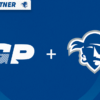My life changed 3 Years ago when I adopted an energetic German Shepherd/Pitbull mix from a local rescue organization. Much like most rescue dogs she came with some baggage. She was and still is reactive to other dogs on leashes. If anyone has ever owned a dog with this problem you tend to do quite a bit of research on dog training. After extensive research as well as experiences with multiple dog trainings I have found that behavioral specialists tend to focus on one of these 2 distinctly different practices:
- Positive Reinforcement
- Negative Reinforcement
In dog training positive reinforcement refers to the act of rewarding a desired behavior with a dog treat or toy. Negative reinforcement is the act of correcting a behavior with certain punishment, and removing the punishment after the desired behavior is achieved. This often times is a leash tug or a vibrate/low stimulation from an e-collar. These are all practices taken from the works of psychologist Dr. BF Skinner’s four quadrants of Operant Conditioning.
I have tried both of these strategies with my dog with mixed results. Sometimes she is not interested in the reward and other times the correction only amplifies the behavior. I have found the best way to curb an unwanted behavior is to take elements of both negative and positive reinforcement.
Unfortunately the NCAA is more of a “leash tugger” when it comes to managing behaviors of athletic departments. They tend to punish schools with low Graduation Success Rate’s and Academic Progress Rate’s rather than rewarding schools with high GSR’s and APR’s. Recently they released the NCAA After The Game Program, which focuses on the transition out of college athletics and into the workforce. I think it is great they have chosen to focus on such an important topic. My question is: if they are so focused on this program, are they going to punish schools or reward schools with low career placement rates?
We at the Game Theory Group think it is time to reward college athletic departments for their commitment to comprehensive student athlete development. This means not just keeping the athletes eligible, but preparing them for a successful transition into the workforce. This is why we are introducing the first ever award for colleges who are committed to the development of their student-athletes. The GTG Cup will be given to the college athletic department that shows remarkable commitment to their student-athletes in all stages of development. Scoring will be based upon engagement of the student- athlete from the first day they step onto campus until the first day they start their career. Stay tuned this year to see who will win the inaugural GTG Cup.






